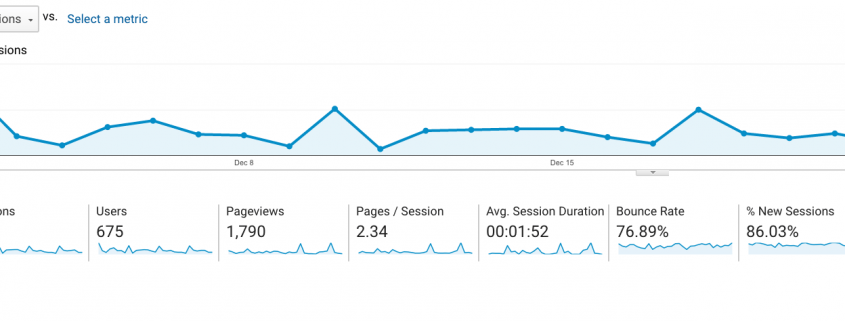SEO Keyword Research and Selection
- What are search keywords?
- How do I pick the right keywords for my business?
- What are best practices for keyword research?
- How do I know which keywords people use to find my website?
- How can I expand the list of keywords I am using?
- What is the difference between long-tail and short-tail keywords?
Keywords are the words that people type into search engines. They are basically the subjects or questions that people want to learn about.
To attract people who are interested in what your site has to offer, you’ll need to research what people are looking for in your line of business. What questions need answering? What do your prospects care about most?
You’ll need to start by considering who your customers are. It might be tempting to talk about how great your company is and how awesome your products or services are, but this isn’t what your customers care about (just yet). Put yourself in their shoes and make a list of words they might be searching for.
As you make your list, categorize your keywords according to where they fit in the buying process. Are they simply becoming aware of a problem they are facing? Are they considering their options or different kinds of solutions? Are they making their final decision on who to do business with? The information you present on each web page will vary significantly depending on where your customers stand in their buying process.
Now, expand your list of keywords by searching the web for alternatives. This gives you a great source of synonyms, related phrases, or other permutations that people are looking for in your industry. Add all these alternatives to your keyword list…as long as they relate to your business and the interests of your target market.
There are tools to help you analyze what keywords your website users are already using to find and access your website. Google Analytics or Hubspot Sources offer great insights on where your web traffic is coming from and what people are doing to find your website. Maybe they’re being referred through social media, or perhaps they’re finding an article that you wrote months ago.
You’ll need to decide which keywords present the best opportunity for you to rank for. Remember that there are probably tons of other websites out there trying to do exactly the same thing…and only 10 can make it to the first page of each search result.
Some keywords are going to be much harder to rank for than others. A very general term like “Sports Cars†is pretty broad and a small website would not get many qualified visitors from this.
Alternatively, a more specific play on these keywords might narrow the field to a more select group, allowing you to compete more favorably. Consider what we call a long-tail keyword such as “Red Italian Sports Cars from the 60’sâ€. This might focus on the specific users you’re targeting and give you a better chance of ranking high.
Targeting keywords that are very broad could mean big challenges with achieving high search rank, and ultimately attracting either unqualified website visitors or people who just don’t care about your offerings. It’s much better to choose a specific niche for each page and target your audience more acutely.
Note that just because your keyword is long-tail and more specific, this doesn’t mean it will be easy to rank for. Ranking is a function of how competitive the environment is for your specific search terms.
Again, tools like Google Analytics, Google Webmaster Tools or Hubspot Keywords allow us to analyze what the level of competition is like for every possible keyword. We also recommend search engine audit reports that evaluate your website in great detail as compared to the existing top 10 websites in your search result. These comprehensive reports outline every strength and weakness of your onsite SEO and what steps you should be taking to improve your results.
Some further SEO strategy:
– It takes time for websites to develop credibility in the eyes of search engines…measured in months or even years
– More website traffic doesn’t always translate into more business. Targeted strategy is best
– Evaluate the competitive set for each keyword to find a niche or opportunity
– Set a process in place to continually develop content around keywords
The next step is to learn how to optimize web pages for search engines.





